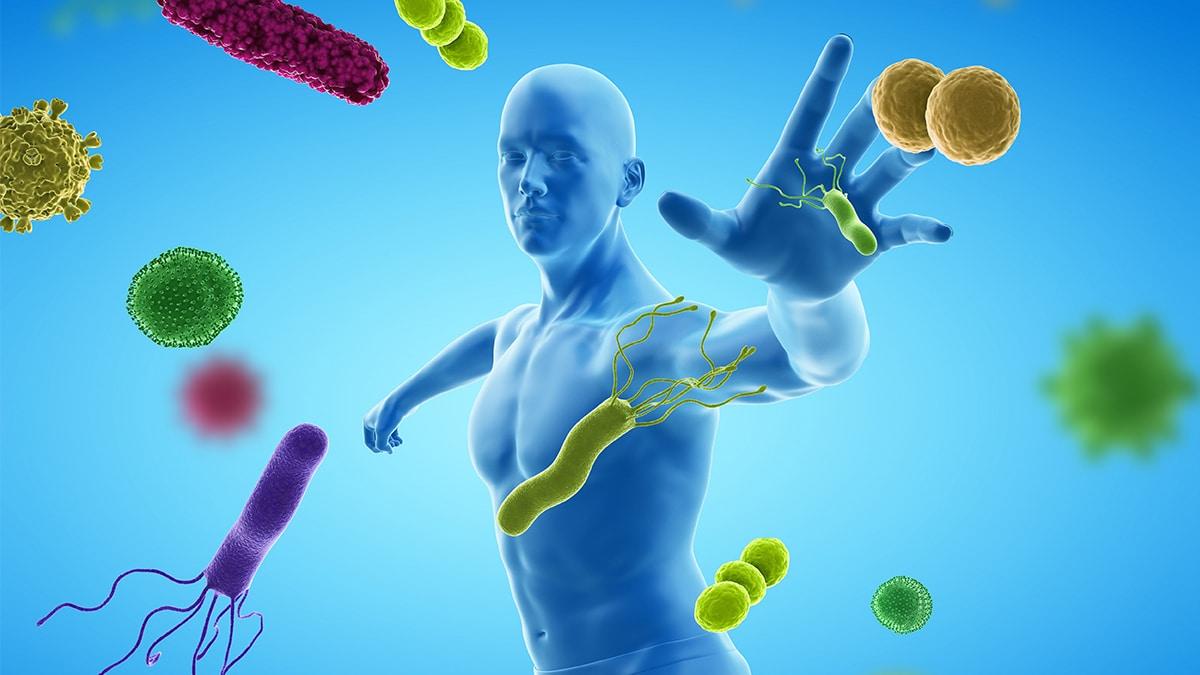What Are Defense Mechanisms and How Do They Work?
Presented by BetterHelp.

Mental health concerns are on the rise today. Given how rapidly we’ve developed various technologies that surpass our biology in many ways, not to mention ongoing global concerns such as war, poverty, and pandemics, it should come as no real surprise.
One way that we naturally try to cope with things in life is through defense mechanisms. But what are they and how do they work?
Read on to learn more about defense mechanisms and how understanding them can help you with your overall well-being.
Defense Mechanisms
As you might expect from the name, defense mechanisms are naturally deployed in order to help protect us. From a psychological standpoint (specifically psychodynamic therapy), these mechanisms help distance us from the unpleasantness of certain thoughts or behaviors.
Understanding defense mechanisms can help us be more aware of how we handle certain negative situations, thoughts, and actions. The best way to introduce them, however, is by simply exploring some specific defense mechanisms.
And if you would appreciate more information or guidance on defense mechanisms, you might consider exploring the resources available through BetterHelp: https://www.betterhelp.com/advice/defense-mechanisms/
Types of Defense Mechanisms
There are many different types of defense mechanisms, so this is just a partial list. These five, however, are among the most common forms of defense mechanisms.
Denial
Put simply, denial is the failure to accept reality for what it is. Denial keeps us in a place that may be comfortable but that is surely limiting.
After all, how can you make progress with a problem when you refuse to even accept that the problem exists? Denial is a classic defense mechanism and commonly discussed when it comes to addiction treatment, as many addicts refuse to accept that they have an addiction problem.
Dissociation
Dissociation involves a detachment from reality. By disconnecting from the “real world,” dissociation can help people feel safer and distanced from the problems in their life. While this can range from simple “zoning out” to multiple personality disorder, dissociation is often—but not always—a product of trauma.
Regression
Regression refers to a movement backwards. For example, an adult who acts like a child. Regression may help people feel more secure because they are essentially abandoning the responsibilities and expectations of their true age. By behaving in a childlike way, they may be seeking the kind of care and attention they received when they were that old.
Projection
Another classic defense mechanism, projection involves placing one’s own undesired thoughts and feelings onto others. This is the result of a severe unease with these thoughts or behaviors, so one simply tries to project them onto others. Projection is thus oftentimes the result of self-loathing and societal stigma.
Compensation
Compensation involves attempting to make up for certain weaknesses by focusing on strengths, which may only be perceived strengths. We often try to balance out our admitted weaknesses by immediately focusing on a positive. For example, a football player might say, “I’m not the best attacker but I’m a great defender.”
Conclusion
Defense mechanisms are a natural part of being human. We oftentimes want to protect ourselves from unpleasantness. Being more aware of these defense mechanisms, however, will give us a better understanding of ourselves and how we may overcompensate—and do more harm than good—in trying to defend ourselves from the external world.
